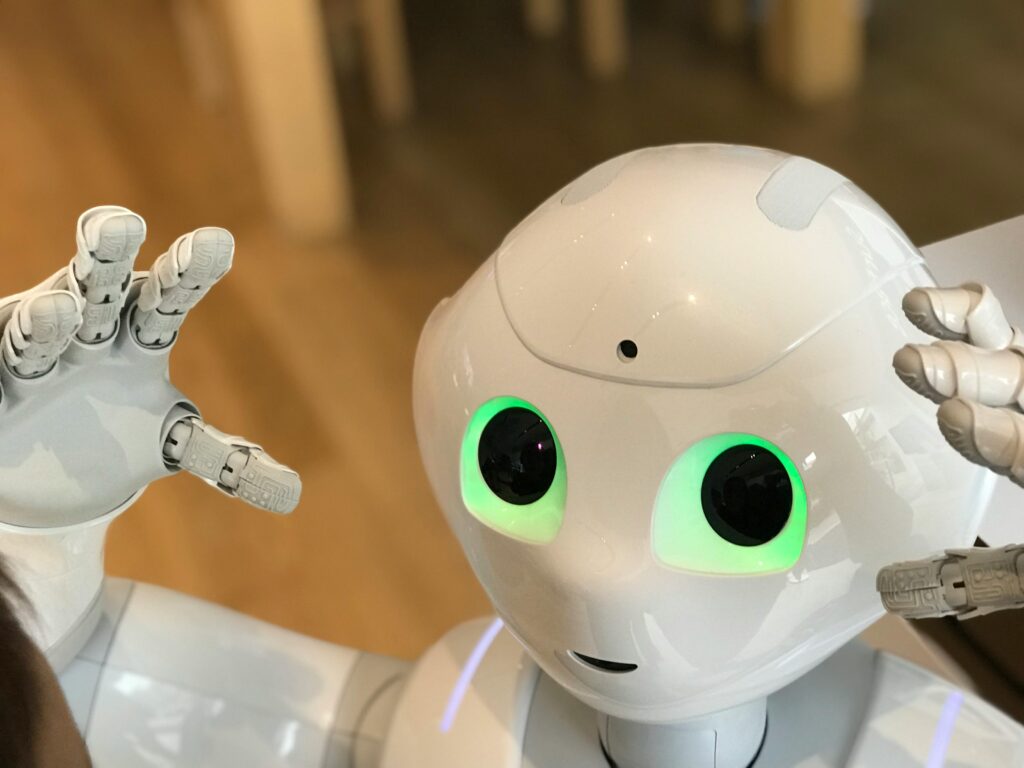In the age of digitalization, the concept of “Smart Cities” is rapidly gaining ground. Smart cities use technology and innovation to improve the quality of life of their inhabitants, optimize resources and promote sustainable development. This article explores how technology is transforming cities and what innovations are driving this change.
What are smart cities?
Smart cities integrate technology into their infrastructure and services to improve efficiency and quality of life. They use data and information technology to manage resources more effectively, reduce environmental impact and improve the lives of citizens.
Technological Innovations in smart cities

Technology is at the heart of smart cities. Several innovations are transforming how cities operate and serve their inhabitants.
Internet of Things (IoT)
The Internet of Things (IoT) connects devices and systems to collect and analyze data in real time. IoT sensors monitor traffic, air quality, energy consumption and other crucial factors. For example, traffic sensors manage vehicle congestion, while air quality sensors warn about dangerous levels of pollution.
Big Data and Analytics
Big Data enables cities to analyze patterns and trends to make informed decisions. This analysis improves urban planning, resource management and public service delivery. For example, analyzing energy consumption data develops strategies to improve efficiency.
Artificial Intelligence (AI)
Artificial intelligence (AI) processes large amounts of data and provides recommendations to improve operational efficiency and the quality of urban services. AI optimizes public transportation systems and improves public safety by analyzing surveillance camera data.
Practical applications of technology in Smart Cities
Technological innovations are not only theoretical; they are being implemented in cities around the world to improve the daily lives of citizens.
Intelligent transportation
Smart transportation uses real-time data to improve efficiency and reduce congestion. Cities such as Singapore and Barcelona are at the forefront of intelligent transportation solutions, including advanced traffic management systems and optimized public transportation.
Efficient resource management
Efficient resource management optimizes the use of water, energy and other essential resources. Cities such as Copenhagen have implemented smart energy grids that automatically adjust electricity supply according to demand, thereby reducing energy consumption and carbon emissions.
Optimized public services
Smart cities optimize the delivery of public services such as garbage collection, street lighting, and security. For example, smart street lighting uses motion sensors to turn lights on and off as needed, saving energy and reducing costs.
Smart Cities implementation challenges

Despite its many benefits, smart city implementation faces several challenges.
Privacy and security
Massive data collection raises concerns about the privacy and security of citizens. It is crucial to establish policies and technologies that protect personal information and ensure that data is used ethically and securely.
Infrastructure and costs
Developing a smart city requires a robust infrastructure and significant investment. This includes installing sensors, communication networks and data management systems, as well as ensuring that these investments are sustainable over the long term.
The future of smart cities is promising.
As technology continues to advance, smart cities will become even more efficient, sustainable and livable. Technological innovations will continue to transform how we live, work and travel in urban areas.
Continuous Innovation
New technologies such as 5G and robotics will advance the ability of cities to manage resources and services, creating new opportunities for sustainable urban development.
Citizen Participation
The future of smart cities also depends on the active participation of citizens. Technologies can empower citizens, giving them a stronger voice in urban decision-making and improving government transparency.
Conclusion
Smart cities represent the future of urban living, using technology and innovation to create more efficient, sustainable and livable environments. As cities around the world adopt these technologies, we will see a significant transformation in the way they operate and serve their inhabitants.
While there are challenges, the potential for smart cities to improve quality of life and promote sustainability is immense. The future of smart cities is bright, and their impact will be profound and lasting.







